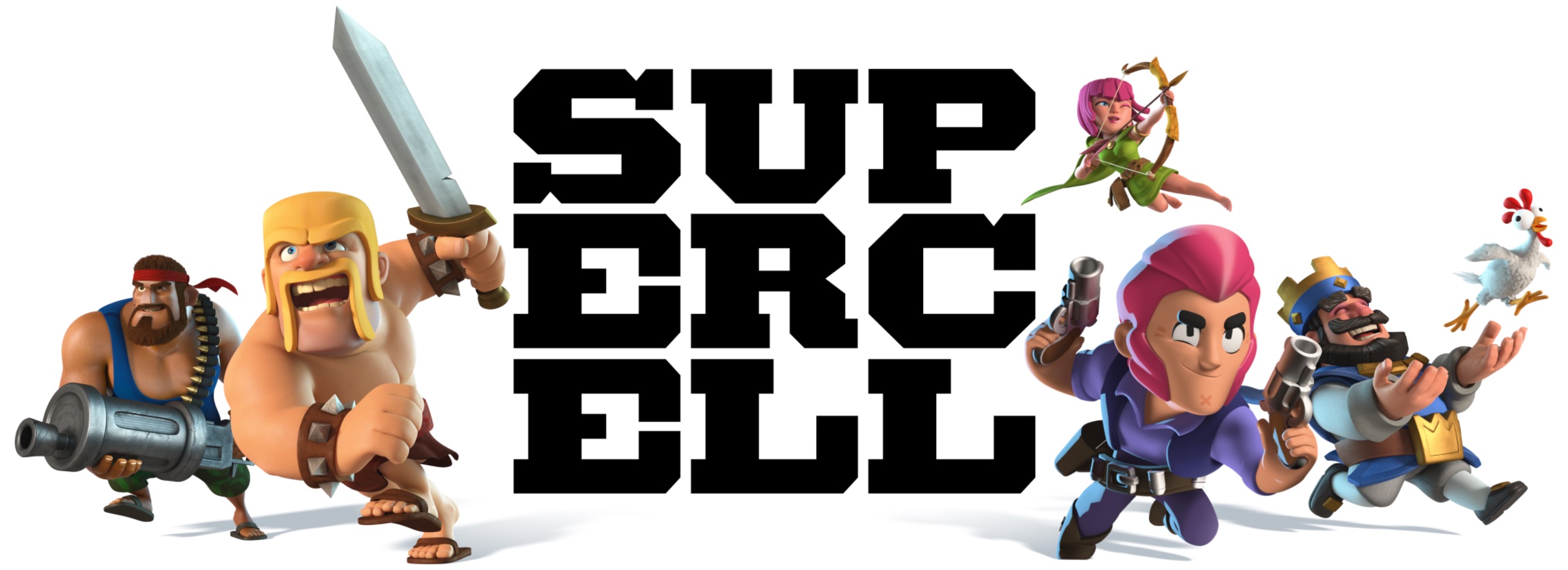‘The great resignation’ has not troubled Supercell, says co-chief people officer Lesley Mansford. And yet the company is still working extra hard to keep its staff happy post-pandemic.
Supercell CEO Ilkka Paananen revealed concerns that some staff had pushed themselves too hard in a blog post earlier this year, promising to evolve the company’s approach to team sizes.
At GDC this year, Mansford picked up that thread with a talk about questioning and evolving company culture.
“I can say that we have not experienced a great resignation at Supercell,” Mansford tells us after her GDC talk. “But that doesn’t necessarily mean that people aren’t thinking about what’s important to them, and how they want to work. And of course, how often they want to come into the office.”
True to form, Supercell management has not issued any diktats on office or home working. It is down to teams and individuals at Supercell to define their relationship with the office, says Mansford.
“We haven’t made any sort of grandiose claims that everyone has to come in these days or those days,” she says. “I do think personally and philosophically with this company that we’re in the creative business, and I feel like being together matters. But how often we have to be together, I don’t know how often that matters.”

Supercell’s new North American studio – still very much a work in progress – will exemplify this super flexible approach. “If you saw the announcement, it specifically wasn’t announced as a San Francisco studio, it’s a North American studio,” says Mansford.
“Ryan [Wener, NA studio lead] is super open to whatever that might look like. That might be a founding team in Seattle or wherever. Or it might be a founding team that decides how and where they want to work.”
And for those existing Supercell staff – especially the ones that maybe pushed themselves too hard recently – the company has invested further in staff well-being, particularly on mental health.
Staff can ask to be trained like mental health first aiders under a program called ‘Jedis of the mind’, and in Helsinki there’s a psychologist on-site twice a week. There are a raft of other training and online resources for staff who want to learn more in a less public way as well.
“We work with a company who did a whole bunch of training to increase awareness of mental health and also reduce the stigma,” says Mansford. “If people aren’t talking about it, then that’s a problem in itself. I’ve had my own mental health challenges, I burnt out at EA and had to leave, and I got very depressed during COVID. So, you know, myself and others were able to share our own experiences.”

Getting ahead of any issues that might arise is also part of the plan. All Supercell staff can ask for a coach who can work with them on what they want their work-life balance to look like, and how to go about achieving that.
“I think that it’s time for all companies to think more about root causes,” says Mansford. “And to think a little bit more about if, as an organisation or a company or a leadership team, we’re getting in the way. On that team and individual level, are all the important discussions being had?”
Between Paananen’s blog, Mansford’s GDC talk and, well, this interview, Supercell is being very public about moving its working culture forward.
So what’s changed? Supercell teams are already famous for being autonomous and trusted to do what’s best for their games. Increasingly, it seems, that now applies to what’s best for their working lives, too.



